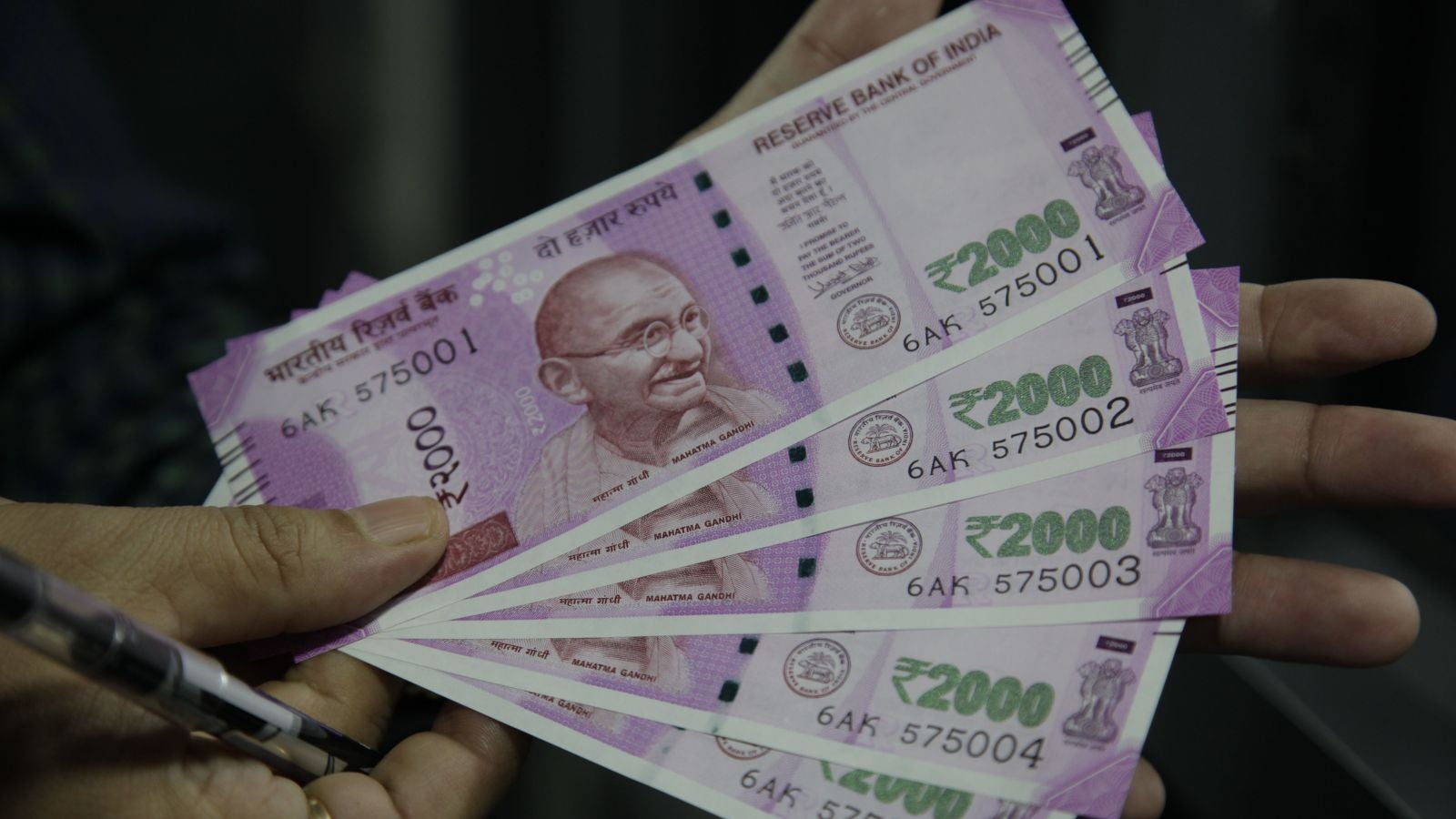What Indian banks still don’t understand about fraud
Since February, Indian banks have unearthed frauds worth over $2 billion on their books. This, coupled with a staggering pile of toxic loans, has choked the country’s banking sector.


Since February, Indian banks have unearthed frauds worth over $2 billion on their books. This, coupled with a staggering pile of toxic loans, has choked the country’s banking sector.
While banks are making attempts to strengthen their processes and recover the dues, Tarun Bhatia, managing director of Kroll India, a US-based risk advisory firm, believes that these lenders are still under-prepared. Despite the big fraud exposés, most banks still don’t have a robust internal audit function to check for such scams.
This laxity in tackling fraud is not just limited to banks, but holds true for the rest of India Inc as well, according to Bhatia. Small and medium enterprises (SME) find themselves particularly vulnerable.
In 2017, about 89% of Indian corporate executives had agreed that their firms were victims of fraud. The number is expected to go up further, according to Kroll, which also conducts scam-related forensic audits for firms. Still, businesses are unwilling to spend more to strengthen their risk-management and recovery systems.
Bhatia spoke to Quartz about what businesses need to do to fix their systems and processes. Edited excerpts:
Frauds are rising in India, especially in the financial sector. Why do you think that is happening?
The financial sector has never been immune to frauds. Now, with the increased use of technology, there are more unknown risks and that is also a trigger point for frauds. Companies need to put in place lots of checks and balances while recruiting, on-boarding vendors, forming partnerships, etc. There, we believe that the level of due-diligence done by Indian companies is improving, but it is still below the basic requirement globally, which is why a lot of these frauds happen. Apart from this, even the disclosures of fraud by firms is up in India. Traditionally, we are a market where people are not very forthcoming about scams that have happened in their firms. But that is changing and that is also why the pace seems to have increased.
How well-prepared are Indian companies to deal with fraud?
Indian companies are mostly reacting to fraud after it has happened, or are investing in just basic things such as better hardware. For instance, most banks still don’t have a robust internal audit function to check for frauds. So, how can we believe that what happened at Punjab National Bank didn’t happen in other banks? This demonstrates a clear process failure where there seems to be no control and that needs to change. Also, there has to be greater accountability and, therefore, strict action needs to be taken against the culprit, which can serve as a deterrent for others.
What are the businesses that are more prone to being defrauded?
At present, SMEs across sectors are the most prone. We are seeing that more technology-led frauds are happening at the SME level than at big corporates. They (SMEs) don’t have the most sophisticated systems and, therefore, are easy targets. What’s worse is that sometimes they discover it weeks after the fraud has happened. As a result, we are also getting increasingly used for investigations in mid-sized companies, with turnovers of Rs500 crore and above, which was earlier usually restricted to Rs2,500 crore and above.
Despite the fact that the pile of bad loans is increasing, the forensic audit conducted by banks on such accounts is decreasing. Why is that?
Unfortunately, the way banks are looking at forensic audits is that someone will come and identify the problem, and find out who is responsible for it, and they will be able to recover their money. So, they are reaching out to specialists after the problems have hit the roof. However, the banks need to advance the process. Instead of getting a forensic audit done after a loan has turned into a non-performing asset (NPA), specialists should be called in at the first sign of stress, if they suspect a problem. Or, at the time of lending if they are unsure about the credit-worthiness of a firm.
Do you think banks are doing enough in terms of audits to recover their money?
Instead of using specialised services to recover crores of money lost in NPAs, banks are coming out with tenders seeking detectives where they are willing to pay only up to Rs50,000 for the job. So, of course the level of service and cost for proper forensic audits will be different, and banks are not willing to understand this right now.